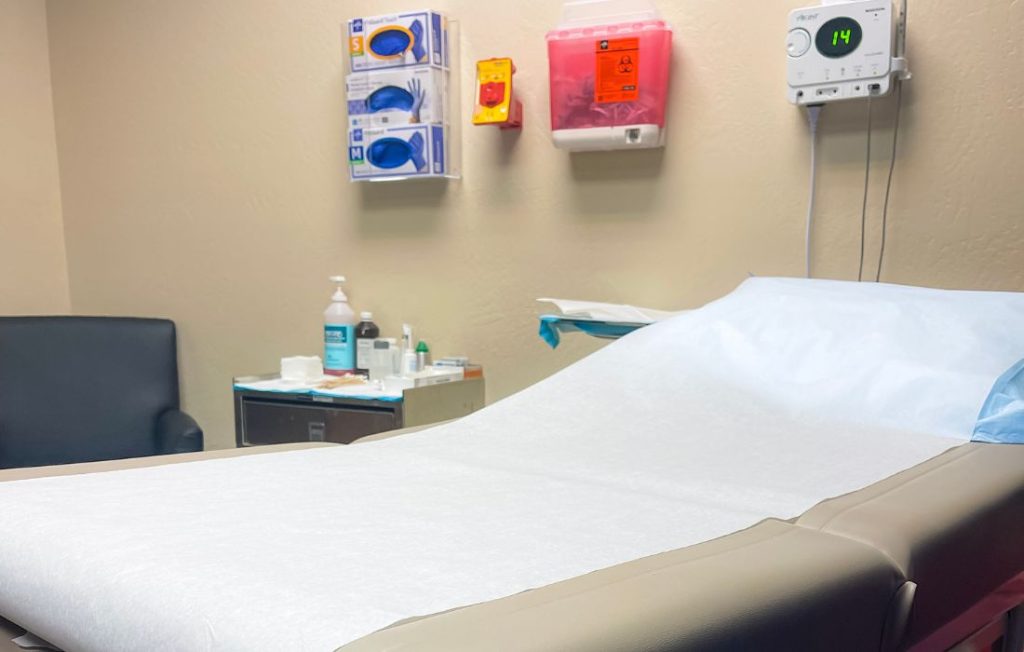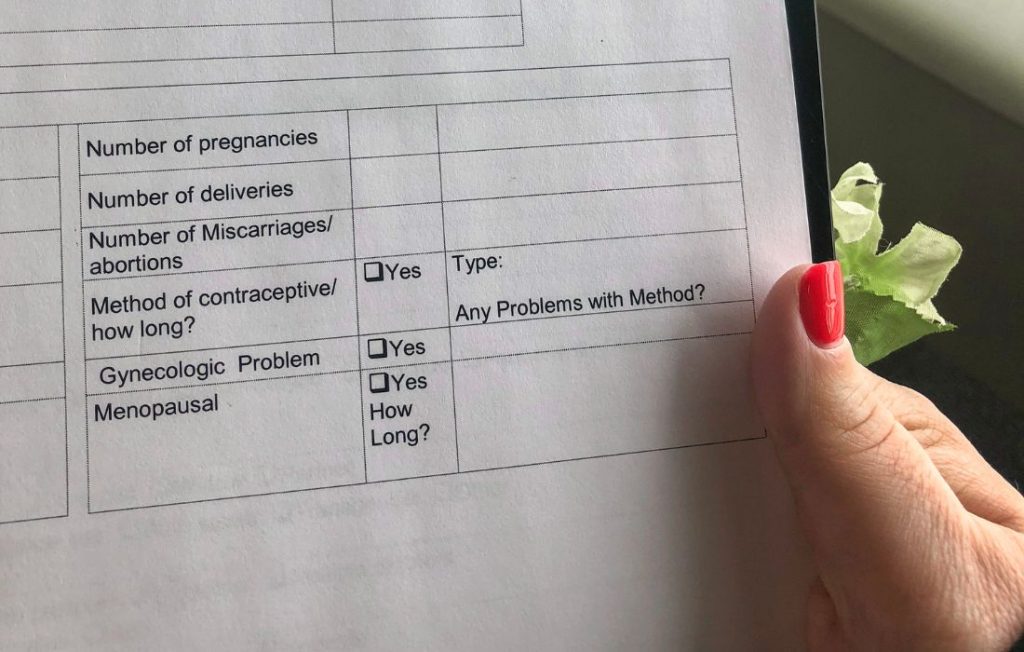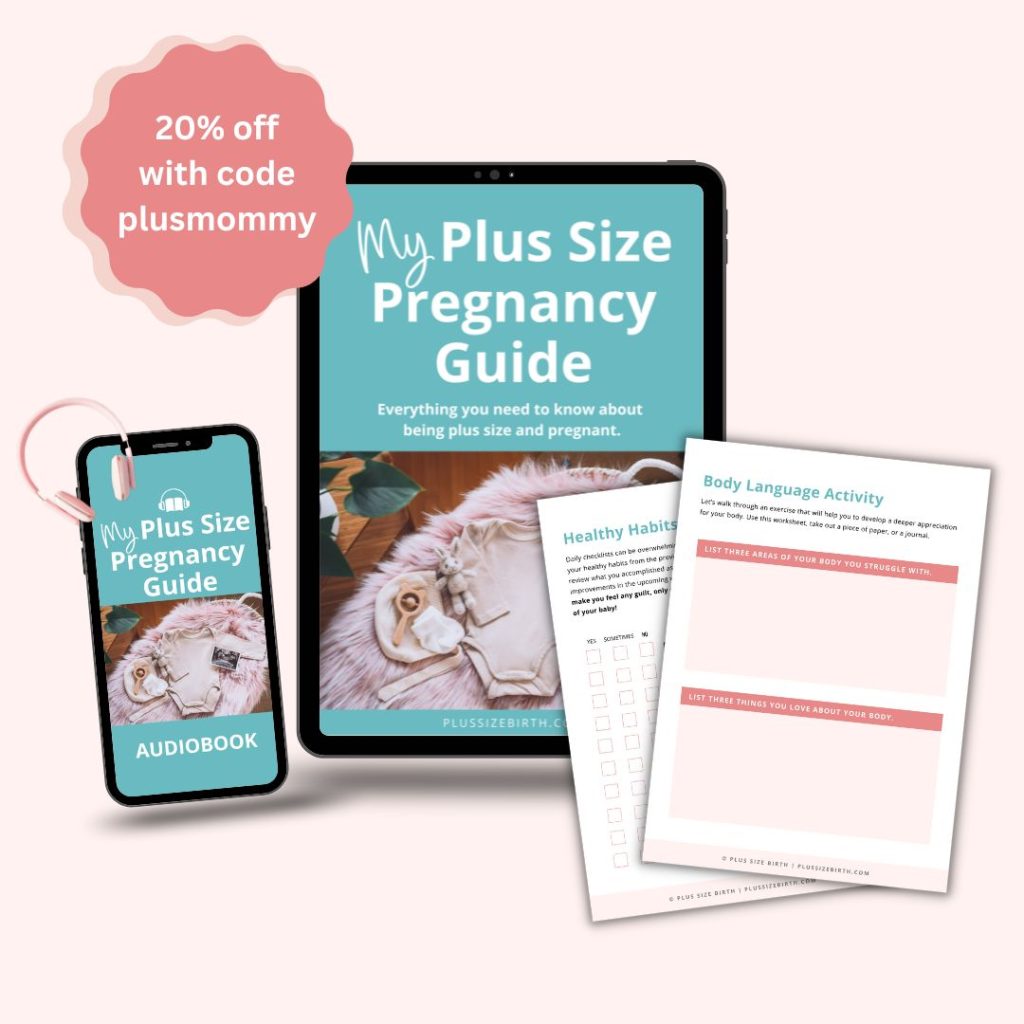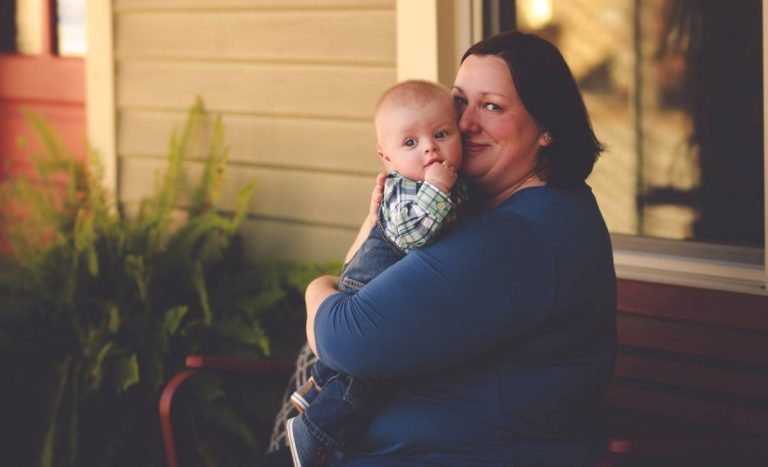Size-Friendly Trauma-Informed Healthcare: Why We Need It Now
Learn about the impacts of weight stigma and trauma on healthcare experiences, and discover how size-friendly trauma-informed healthcare can improve patient care, health outcomes, and accessibility.

Size-Friendly Trauma-Informed Healthcare
Navigating the healthcare landscape isn’t a one-size-fits-all journey.
Weight stigma can give rise to negative biases, assumptions, and judgments focused solely on a person’s body size.
Trauma, too, plays a significant role.
Traumatic experiences can shape our interactions with care providers and can even risk re-traumatization within the healthcare setting.
We also can’t ignore the profound effects of systemic racism and wealth disparity on healthcare access and outcomes.
These realities highlight the need for size-friendly, trauma-informed healthcare!

What is size-friendly healthcare?
Size-friendly care is a healthcare approach that aims to treat individuals of all body sizes with respect, dignity, and understanding while providing appropriate and effective care. It seeks to challenge and eliminate weight stigma and discrimination in healthcare settings.
In implementing this approach, healthcare providers treat individuals of all sizes with respect and dignity, addressing their health concerns without immediately attributing everything to weight.
What is trauma-informed healthcare?
Trauma-informed healthcare is a care approach that recognizes the widespread impact of trauma and aims to actively prevent re-traumatization.
This approach acknowledges that traumatic experiences can leave enduring impacts on a person’s physical, mental, and emotional health. For care providers, this means recognizing the signs and symptoms of trauma in patients while supporting their healthcare needs.
Why do we need size-friendly trauma-informed healthcare?
When care providers adopt a size-friendly, trauma-informed approach, they improve patient care in numerous ways.
Patients feel heard, respected, and understood, which enhances their relationship with care providers. Therefore, promoting better communication, leading to more accurate diagnoses and personalized treatment plans. And when patients feel safe and respected, they are more likely to seek help and follow treatment plans.
By offering an environment free from judgment and stigma and equipped to understand and address trauma, more individuals feel encouraged to seek the care they need.
This inclusion leads to a more equitable healthcare landscape, allowing everyone to receive the care they deserve!

Are you interested in navigating the path to size-friendly, trauma-informed healthcare? Tune into episode 209 of the Plus Mommy Podcast with special guest Mandy Irby. Mandy is a board-certified labor nurse, educator, and expert in trauma-informed care. Throughout the episode, we exchange stories of interactions with care providers and share valuable self-advocacy tips. Mandy also offers insights into her proficient use of peanut balls during labor and birth.
Gain the knowledge and confidence to seek the compassionate, respectful care you deserve!
Recording & Show Notes: Plus Mommy Podcast Episode 209
Transcript happily provided upon request.
Resources Mentioned On The Show
- Connect with Mandy via her website, Instagram, TikTok, and her Fearless Birth Delivered educator course.

Mandy Irby, pronouns are she/her, is a board certified labor nurse with 13 years of experience supporting survivors of assault and trauma through pregnancy, birth planning, and at their bedside during childbirth and pregnancy loss. As a nurse, parent, educator, and multi-passionate entrepreneur, Mandy is inspired by the transformative experience of childbirth. She is on a mission to make human rights and autonomy the center of today’s birth culture through education, coaching, and consulting.








